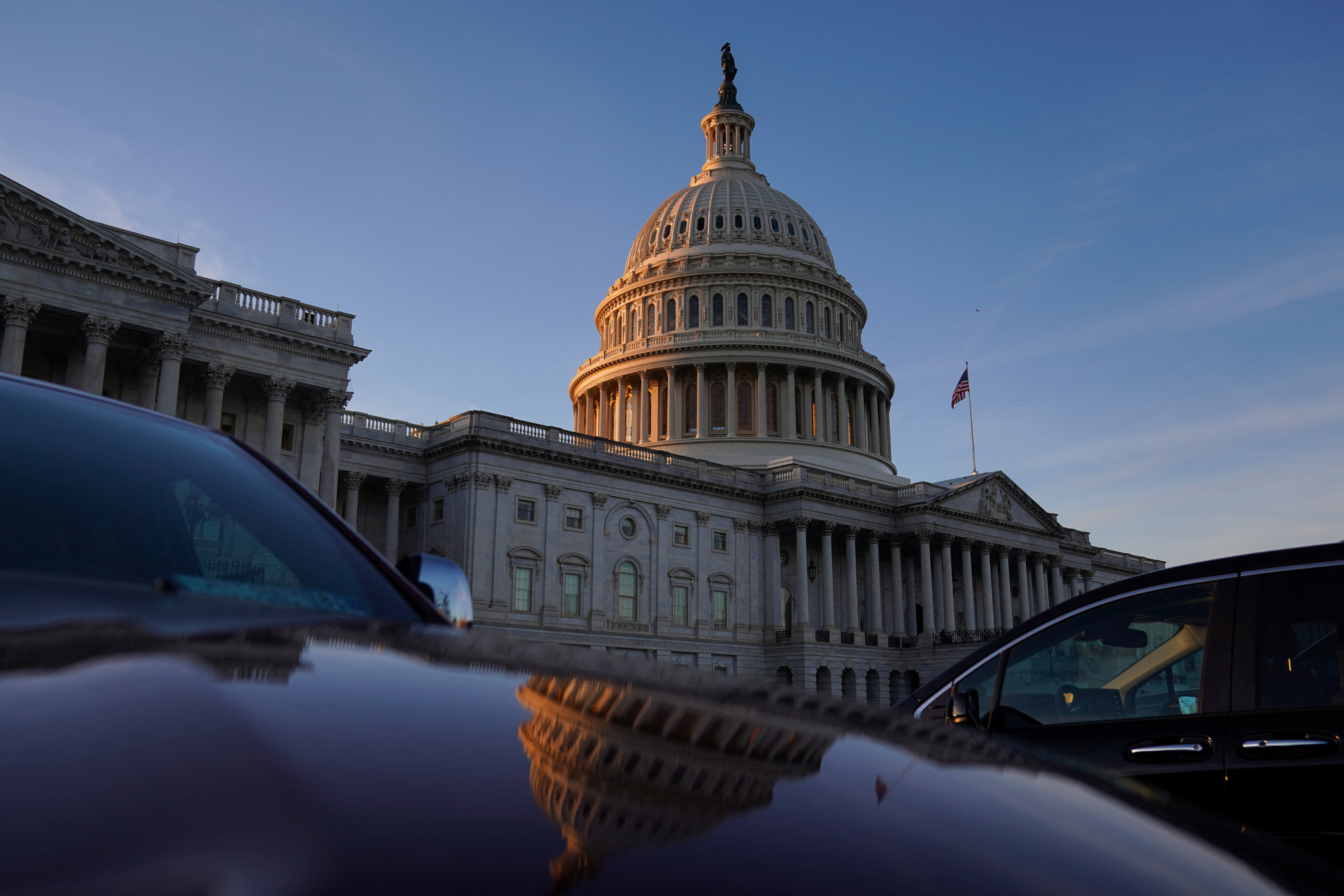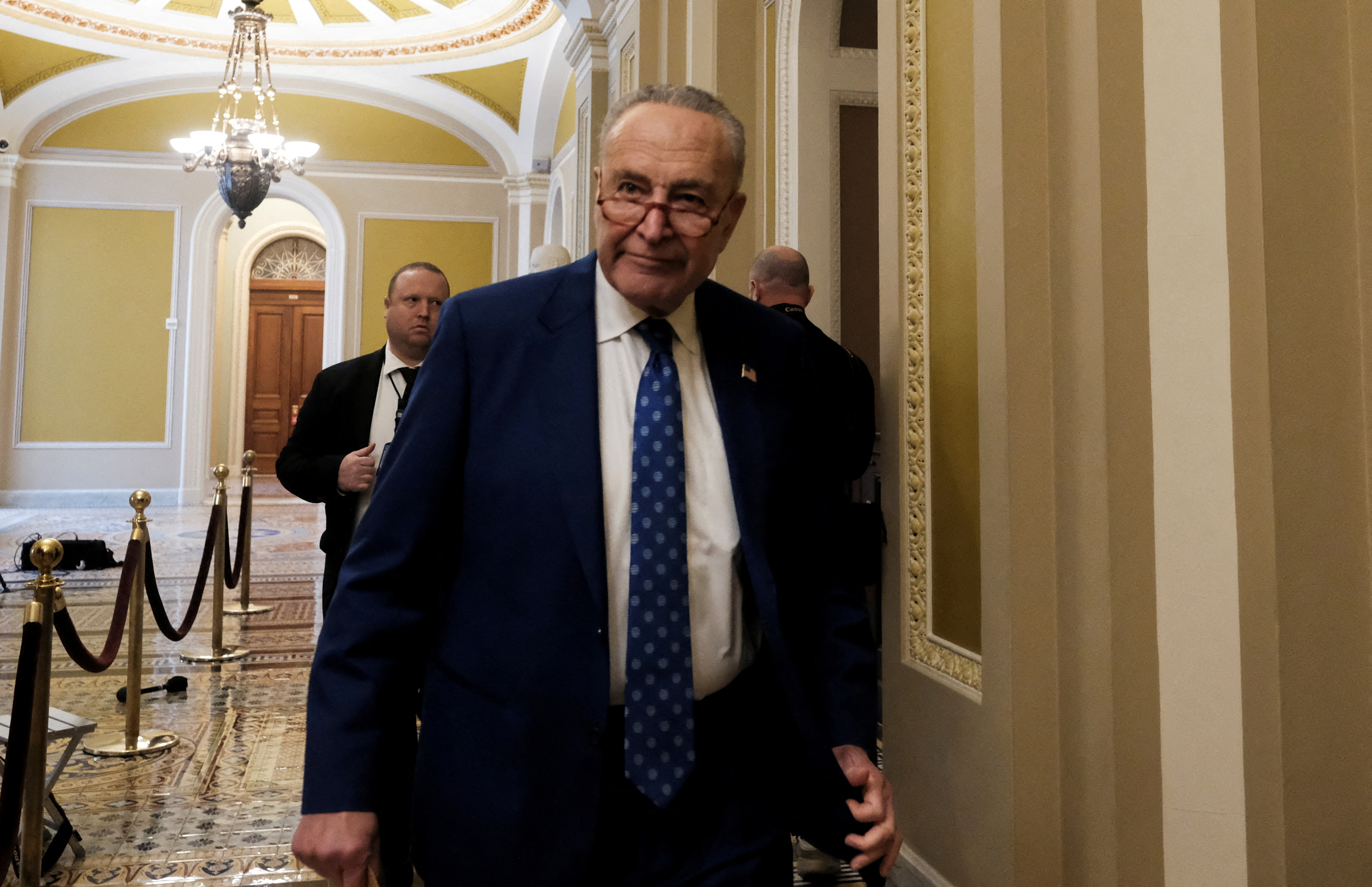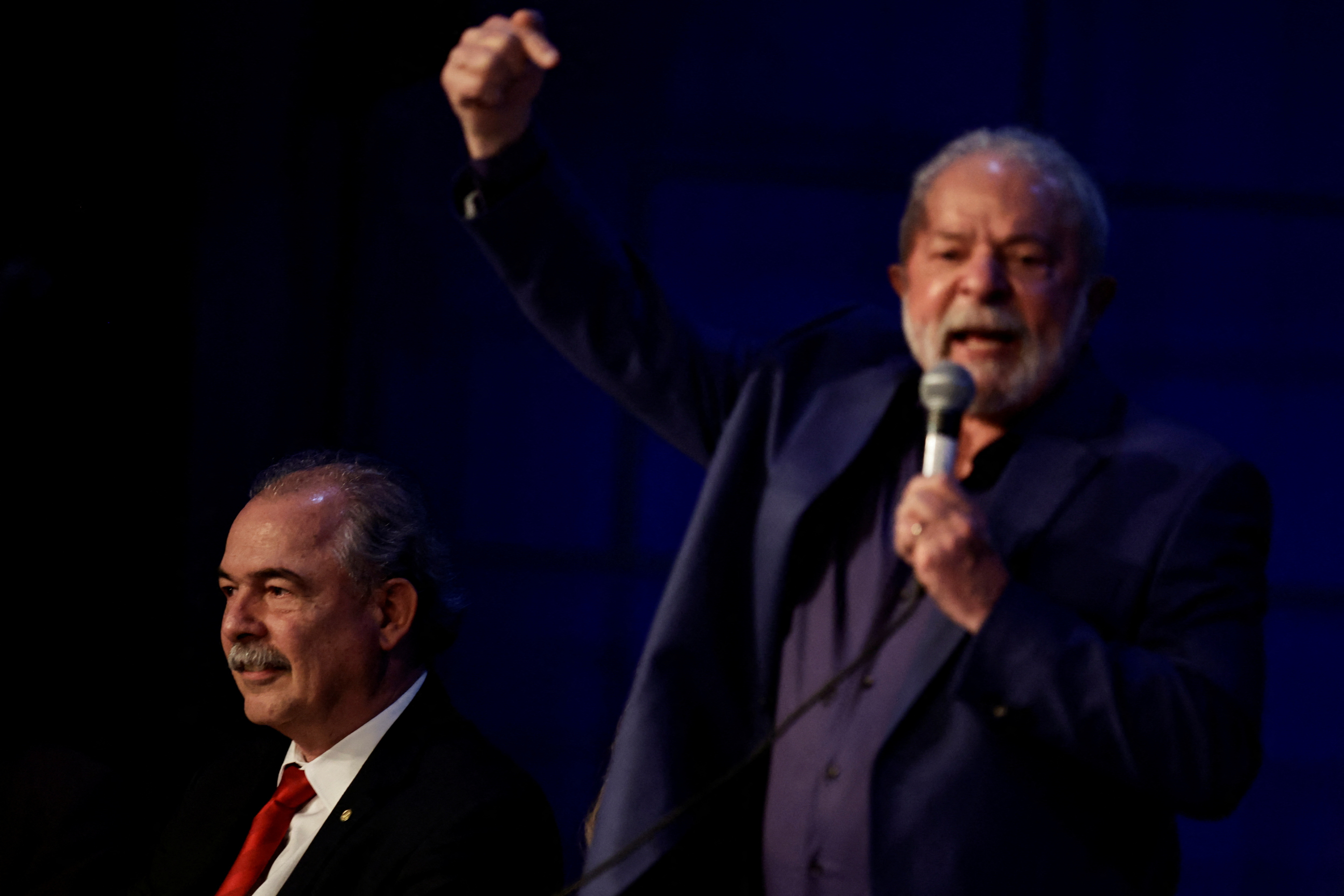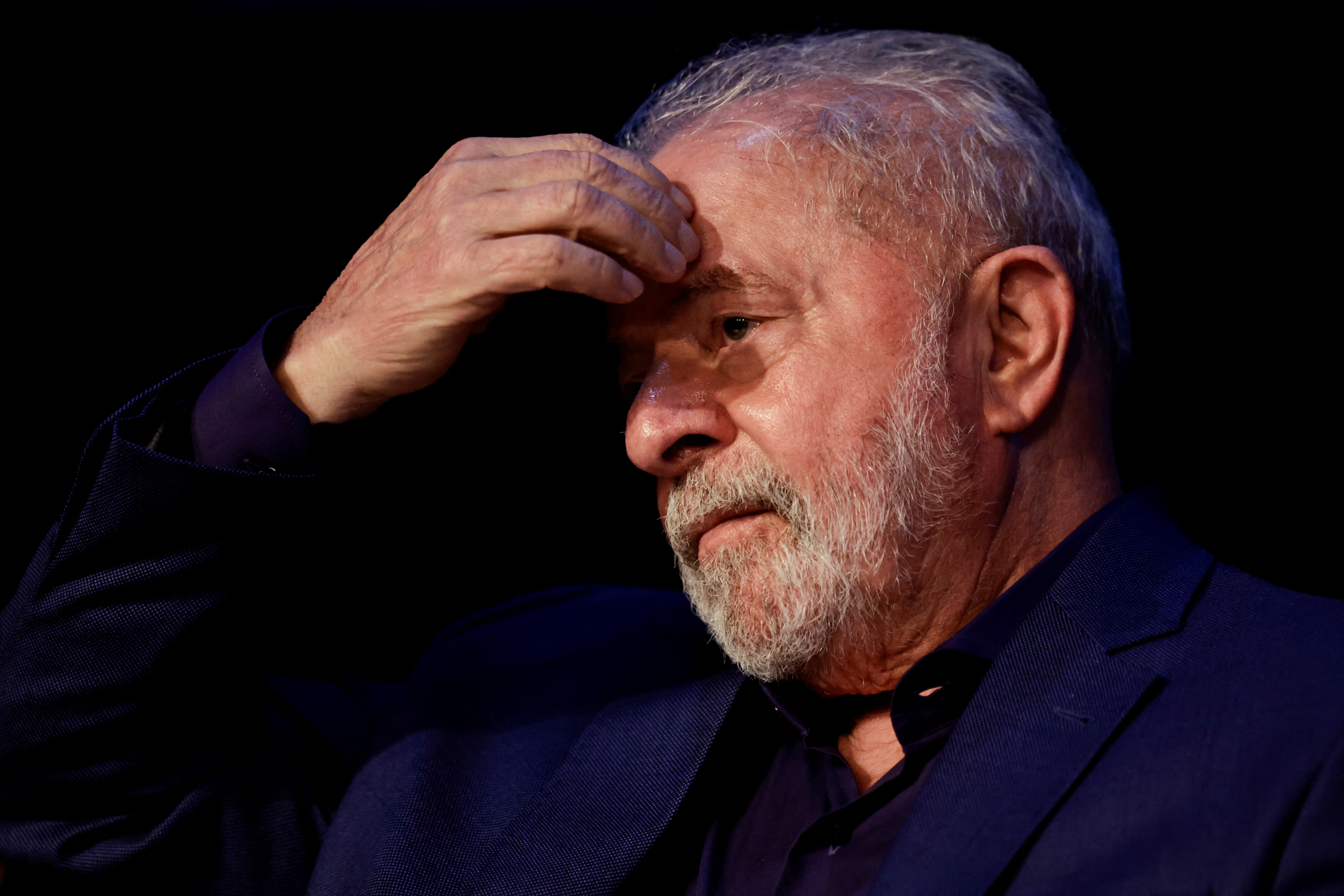WASHINGTON (AP) — Energy Secretary Jennifer Granholm was set to announce a “major scientific breakthrough” Tuesday in the decades-long quest to harness fusion, the energy that powers the sun and stars.
Researchers at the Lawrence Livermore National Laboratory in California for the first time produced more energy in a fusion reaction than was used to ignite it, something called net energy gain, according to one government official and one scientist familiar with the research. Both spoke on the condition of anonymity because they were not authorized to discuss the breakthrough ahead of the announcement.
Granholm was scheduled to appear alongside Livermore researchers at a morning event in Washington. The Department of Energy declined to give details ahead of time. The news was first reported by the Financial Times.
Proponents of fusion hope that it could one day produce nearly limitless, carbon-free energy, displacing fossil fuels and other traditional energy sources. Producing energy that powers homes and businesses from fusion is still decades away. But researchers said it was a significant step nonetheless.
“It’s almost like it’s a starting gun going off,” said Professor Dennis Whyte, director of the Plasma Science and Fusion Center at the Massachusetts Institute of Technology and a leader in fusion research. “We should be pushing towards making fusion energy systems available to tackle climate change and energy security.”
Net energy gain has been an elusive goal because fusion happens at such high temperatures and pressures that it is incredibly difficult to control.
Fusion works by pressing hydrogen atoms into each other with such force that they combine into helium, releasing enormous amounts of energy and heat. Unlike other nuclear reactions, it doesn’t create radioactive waste.
Billions of dollars and decades of work have gone into fusion research that has produced exhilarating results — for fractions of a second. Previously, researchers at the National Ignition Facility, the division of Lawrence Livermore where the success took place, used 192 lasers and temperatures multiple times hotter than the center of the sun to create an extremely brief fusion reaction.
The lasers focus an enormous amount of heat on a small metal can. The result is a superheated plasma environment where fusion may occur.
Riccardo Betti, a professor at the University of Rochester and expert in laser fusion, said an announcement that net energy had been gained in a fusion reaction would be significant. But he said there’s a long road ahead before the result generates sustainable electricity.
He likened the breakthrough to when humans first learned that refining oil into gasoline and igniting it could produce an explosion.
“You still don’t have the engine and you still don’t have the tires,” Betti said. “You can’t say that you have a car.”
The net energy gain achievement applied to the fusion reaction itself, not the total amount of power it took to operate the lasers and run the project. For fusion to be viable, it will need to produce significantly more power and for longer.
It is incredibly difficult to control the physics of stars. Whyte said it has been challenging to reach this point because the fuel has to be hotter than the center of the sun. The fuel does not want to stay hot — it wants to leak out and get cold. Containing it is an incredible challenge, he said.
Net energy gain isn’t a huge surprise from the California lab because of progress it had already made, according to Jeremy Chittenden, a professor at Imperial College in London specializing in plasma physics.
“That doesn’t take away from the fact that this is a significant milestone,” he said.
It takes enormous resources and effort to advance fusion research. One approach turns hydrogen into plasma, an electrically charged gas, which is then controlled by humongous magnets. This method is being explored in France in a collaboration among 35 countries called the International Thermonuclear Experimental Reactor as well as by researchers at the Massachusetts Institute of Technology and a private company.
Last year the teams working on those projects in two continents announced significant advancements in the vital magnets needed for their work
___
Mathew Daly reported from Washington. Maddie Burakoff reported from New York, Michael Phillis from St. Louis and Jennifer McDermott from Providence, R.I.
___
Associated Press climate and environmental coverage receives support from several private foundations. See more about AP’s climate initiative here. The AP is solely responsible for all content.
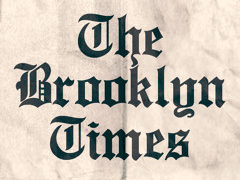
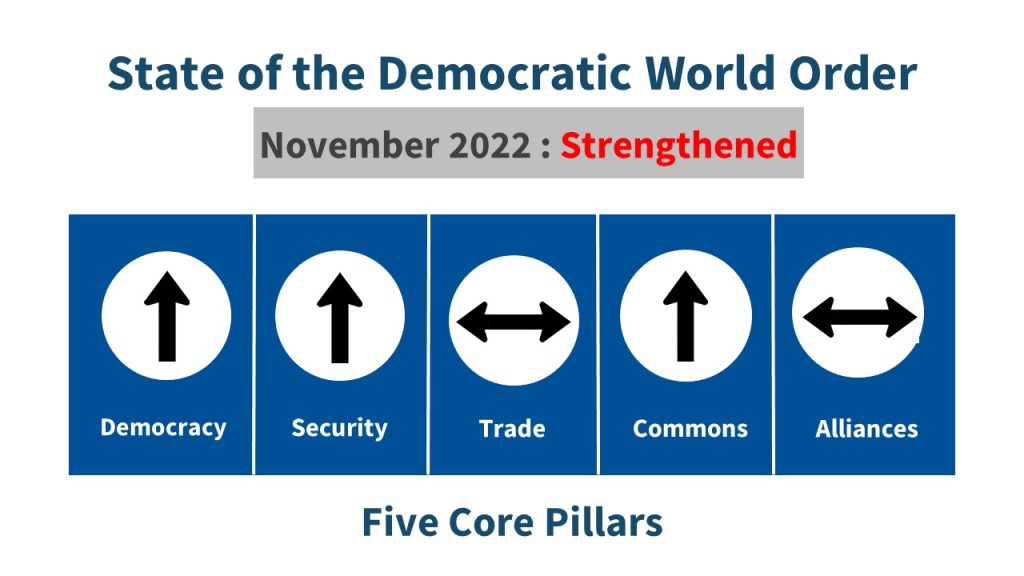
 )
)